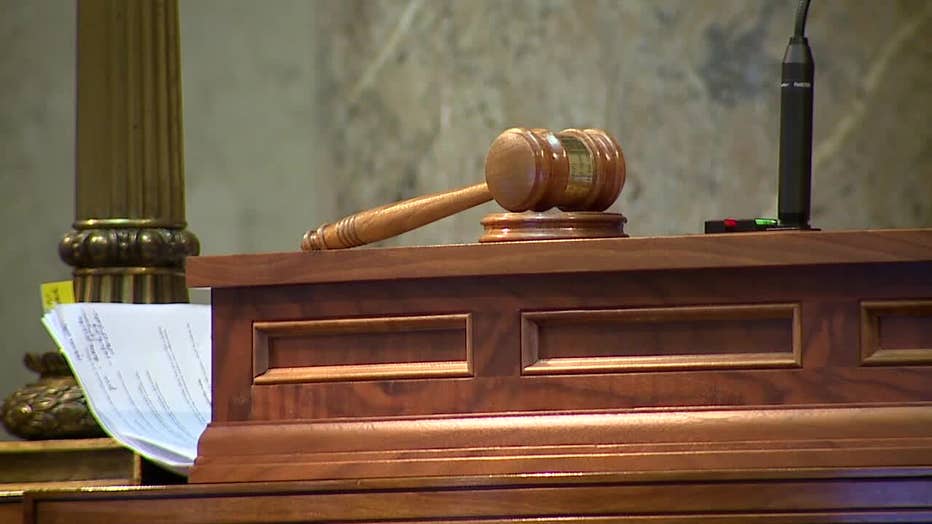Wisconsin bail reform amendment referendum on April 4 ballot

Wisconsin bail reform amendment referendum on April 4 ballot
Voters on April 4 will decide whether to amend the Wisconsin Constitution, allowing judges to consider more factors when setting bail.
MILWAUKEE - Voters on April 4 will decide whether to amend the Wisconsin Constitution, allowing judges to consider more factors when setting bail.
Right now, the Wisconsin Constitution states courts can use bail money only to make sure a defendant shows up. The amendment would allow a judge to weigh "the totality of the circumstances."
The ballot referendum reads the court could set bail for violent crime based on: "the totality of the circumstances, including the accused’s previous convictions for a violent crime, the probability that the accused will fail to appear, the need to protect the community from serious harm and prevent witness intimidation, and potential affirmative defenses."
SIGN UP TODAY: Get daily headlines, breaking news emails from FOX6 News
Courts would be able to consider past convictions for violent crimes, but what exactly is violent crime? The proposed amendment does not list them.
Thursday, lawmakers sent Gov. Tony Evers a list of more than 100 crimes that would qualify, including homicide, sexual assault and carjacking.

Some critics said the list is too broad. It also includes things like mail fraud and watching a dog fight. If the governor signs the bill, it would go into effect only if voters approve the constitutional amendment.
The first two steps to changing the Wisconsin Constitution already happened – two consecutive sessions of the Legislature approved it. Voters will have the final say Tuesday.
FREE DOWNLOAD: Get breaking news alerts in the FOX6 News app for iOS or Android.
A second constitutional amendment on the ballot would allow courts to set other pre-conviction conditions for release – like sobriety and no contact orders – in cases involving "serious harm."
There is no definition of "serious harm" in Wisconsin law or in the amendment.

The bill sitting on the governor's desk defines it as including physical or mental pain, death and property or economic losses of more than $2,500.
What happens if voters pass the amendments and the governor refuses to agree to those definitions? It could create judicial confusion.
Another statewide referendum on the ballot is nonbinding, meaning it won't change anything. It asks for voters' thoughts on whether those getting welfare should have to look for jobs.

